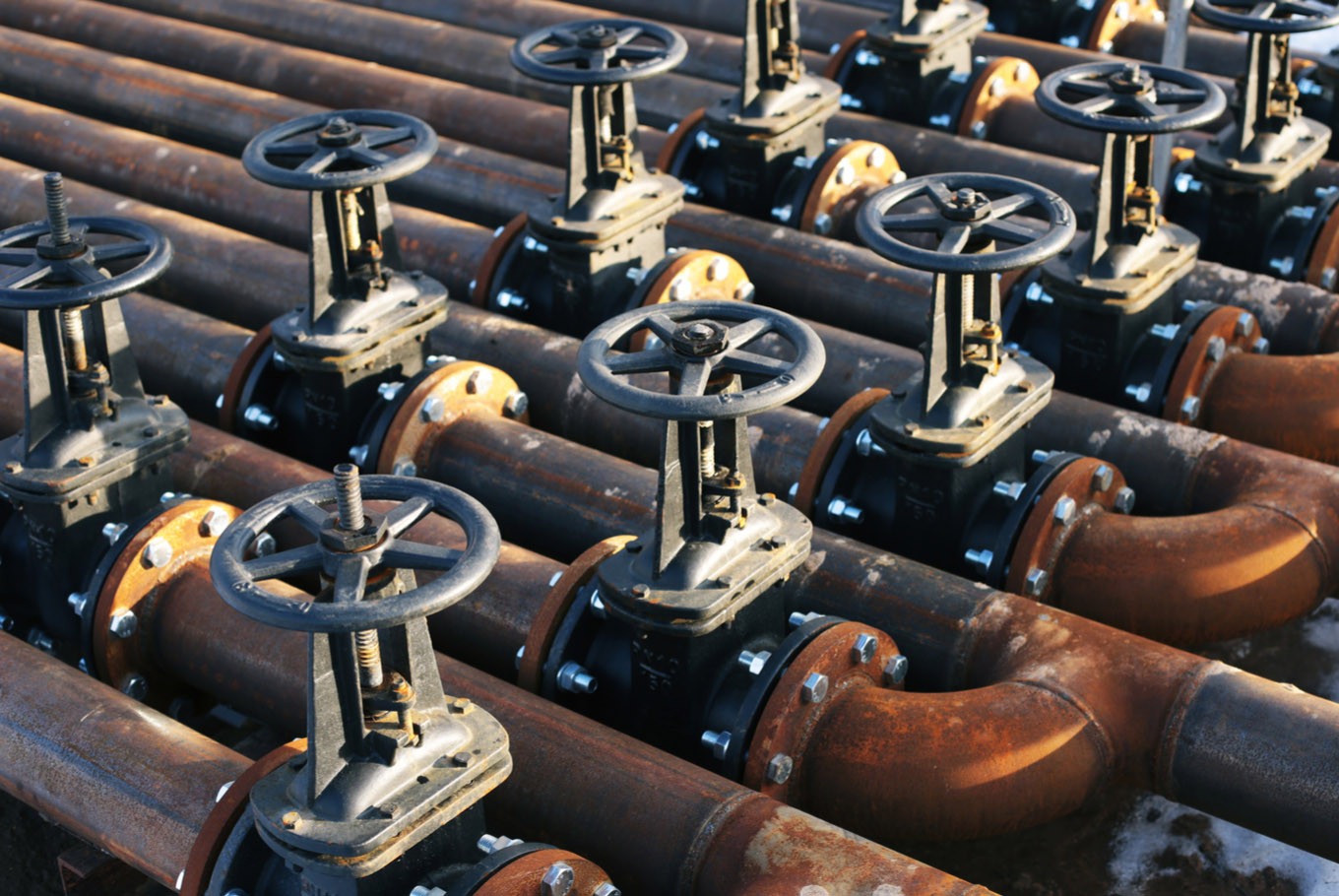Popular Reads
Top Results
Can't find what you're looking for?
View all search resultsPopular Reads
Top Results
Can't find what you're looking for?
View all search resultsGiant gas project uncertain
Change text size
Gift Premium Articles
to Anyone
R
euter’s report on Royal Dutch Shell’s plan to quit the US$15 billion Masela Block development, though flatly denied by the oil regulatory body and not yet confirmed by the giant energy company, only made the long-delayed giant gas project in the eastern region even more uncertain.
The sheer circulation of such speculation about Shell’s intention to sell its 35 percent equity in the project is quite a paradox. Since the giant energy group’s global business development plan has increasingly focused on gas development instead of oil, there should be a very big barrier to stop Shell from withdrawing from the project.
Even though Shell’s withdrawal might not entirely jeopardize the whole project because it is Japan’s Inpex that is the lead operator, the news story would adversely affect the market perception of the future of the project, notably the enthusiasm of potential lenders and long-term buyers.
The uncertainty about the project was set off by the government’s decision in early 2016 to move the gas project from a floating to onshore one that was entirely contrary to the recommendation of all consultants that made the feasibility study for the Inpex-Shell consortium.
The policy decision also painfully surprised the petroleum industry, because it was the first plan of development (POD) of oil contractors that saw direct intervention from the President.
The full authority of assessing and approving the PODs from oil and gas contractors usually rests with the Upstream Oil and Gas Regulatory Special Task Force and the energy and mineral resources minister. This is simply rational, because hydrocarbon resources have become increasingly complex, and their development has also become complicated with oil and gas projects becoming larger with more intricate supply chains.
Moving the project onshore was underpinned by political rather than commercial reasoning, contending that an onshore project would generate more multiplier effects for nearby islands through jobs, infrastructure and the petrochemical industry.
Certainly, the biggest damage will be the long delay of the completion of the project from its original schedule of 2024. Even now, three years after the decision, a detailed feasibility study on onshore liquefied natural gas has yet to be finalized. Then, negotiations for potential buyers and lenders may take another two to three years. The most optimistic estimate foresees the project to be on stream in 2027 or 2028 with an estimated output of 9.5 million tons per year.
This delay may make the project less attractive to international lenders because the International Gas Union has estimated that during the next 10 to 15 years there will be more than a dozen floating liquefied natural gas plants in Malaysia, the United States and Canada with a capacity of 50 million tons a year coming on stream.
Yet more detrimental to the country’s energy supply is the conclusion of a recent government analysis that Indonesia may experience a big gas shortage by 2026.










